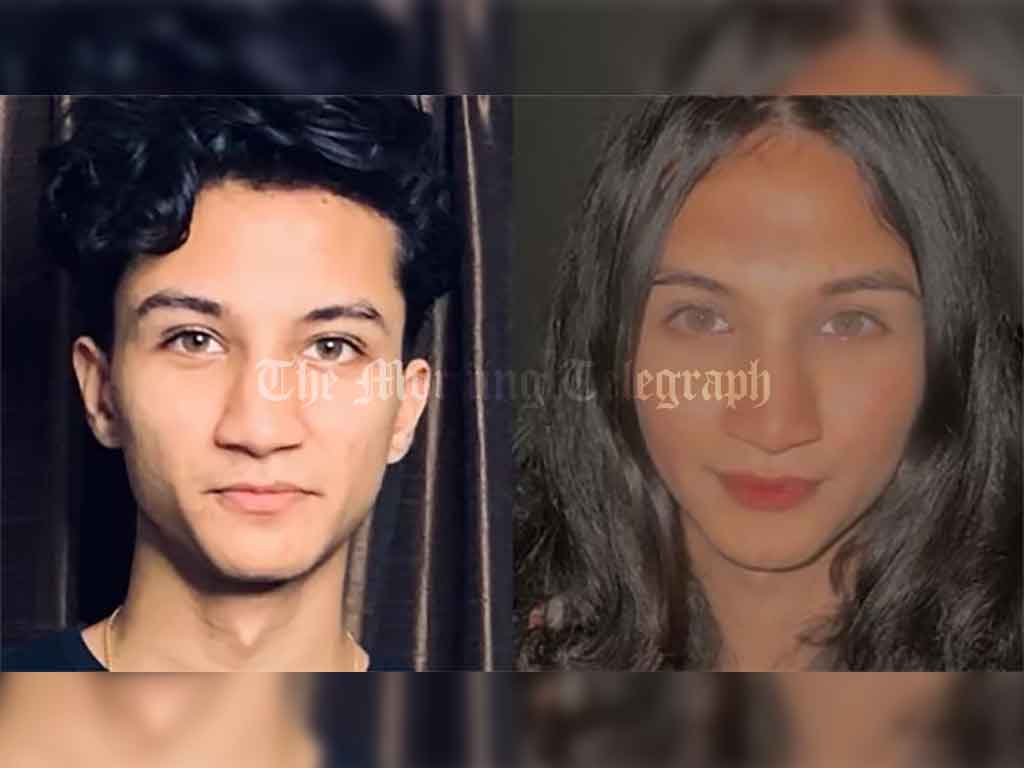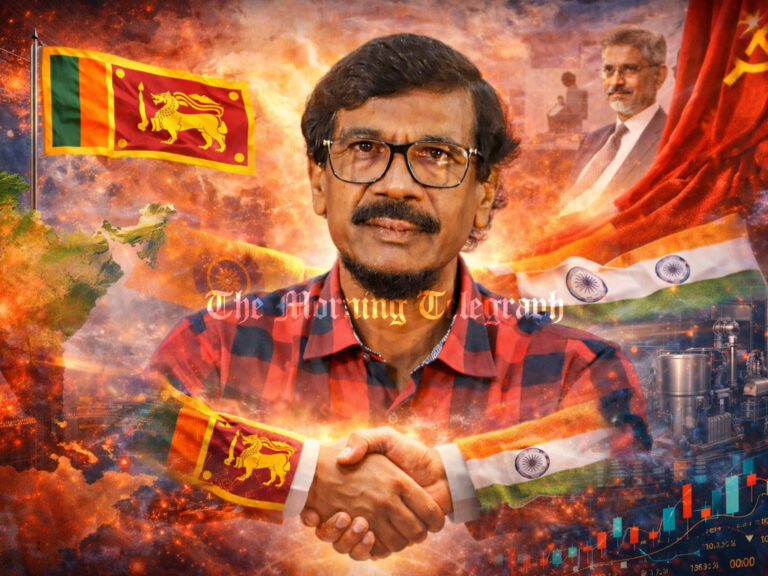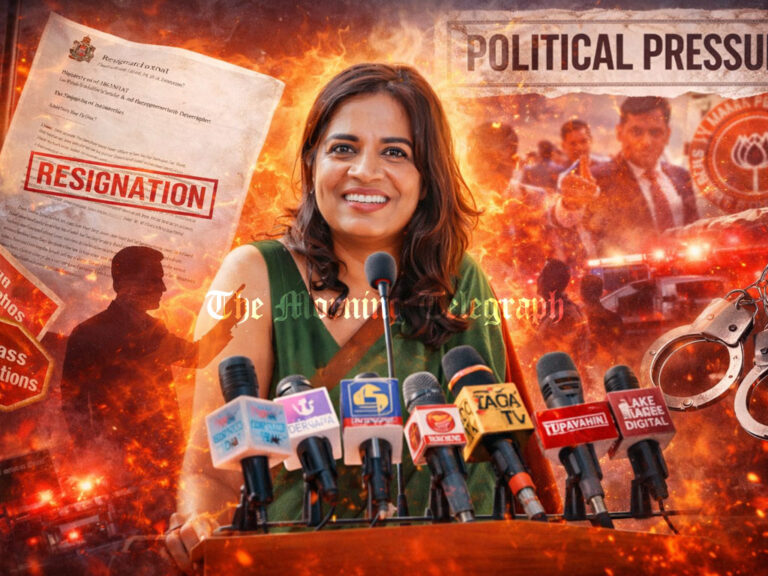
By Bipin Dani
Aryan Bangar, son of former Indian cricketer and Batting Coach Sanjay Bangar, has courageously transitioned from male to female, embracing her new identity as Anaya Bangar. This life-changing transformation marks the beginning of a profound and challenging journey, encompassing not only physical changes but significant emotional and psychological growth.
Anaya openly shared her experience with hormone replacement therapy (HRT), a process she undertook to align her physical appearance with her true gender identity. Though HRT has led to a loss of muscle mass, strength, and certain athletic abilities, Anaya’s love for cricket remains as strong as ever, inspired by the legacy of her father.
However, former India Women’s Team Captain Diana Edulji has stated that Anaya’s hopes of playing cricket at the highest level may not materialize. “The ICC doesn’t allow such persons to play in the Women’s game,” Edulji remarked, declining to elaborate further. This statement highlights the barriers transgender athletes face in the world of sports.
The challenges extend beyond personal struggles, shedding light on the broader issue of inclusivity in sports. Current regulations often fail to keep pace with evolving understandings of gender identity, creating hurdles for transgender athletes. Anaya hopes for more inclusive policies that would allow athletes to compete without facing unnecessary barriers.
Renowned sociologist Dr. Sudha Khokhate emphasized the need for legal reforms and societal acceptance, pointing out, “There are gaps and uncertainties in sports when it comes to transgender athletes. It’s not going to be easy for Anaya. True equality requires gender sensitization and regulatory boundaries that support inclusivity.”
Dr. Khokhate further called for comprehensive changes, stressing, “Society must undergo gender sensitization to create an inclusive sports environment. We shouldn’t deny anyone the opportunity to participate. The ICC’s restrictive rules on transgender athletes are unfortunate.”
Gender transition is deeply personal, and breaking societal stereotypes can be an uphill battle. Sports psychologist Jaini Nandu underscored the emotional and psychological toll of Anaya’s decision, especially given the intense scrutiny athletes face. “Anaya will likely encounter criticism from detractors,” Nandu explained. “Protecting her and the team from undue scrutiny is crucial, requiring strategies to manage emotional stress and promote resilience.”
Nandu also emphasized the importance of preparing teammates for Anaya’s inclusion, suggesting psychological workshops to foster understanding and team unity. “Creating a supportive environment is essential for emotional processing and building strong team bonds,” she added.
Plastic surgeon Dr. Gourav Siwas from Sir Ganga Ram Hospital in New Delhi, who specializes in gender reassignment surgeries, described the complexity of the medical process. “Gender reassignment involves multiple surgeries, including facial, genital, and breast procedures, conducted in stages over many hours,” he explained. He also noted the societal challenges transgender individuals face, highlighting the relief and freedom many feel after transformation. “Surgeries are performed only after thorough psychiatric evaluation and clearance,” he concluded.
Anaya’s journey is not an isolated case; other athletes, such as English cricketer Maxine Blythin, have undergone similar transitions and advocated for greater inclusivity in sports. These stories emphasize the importance of acceptance and the ongoing struggle for equal opportunities in competitive fields.
Anaya’s resilience and unwavering commitment to cricket stand as a testament to her strength and passion. Her journey is a powerful reminder of the need for progress and inclusivity in sports, and the courage required to live authentically in the face of adversity.




